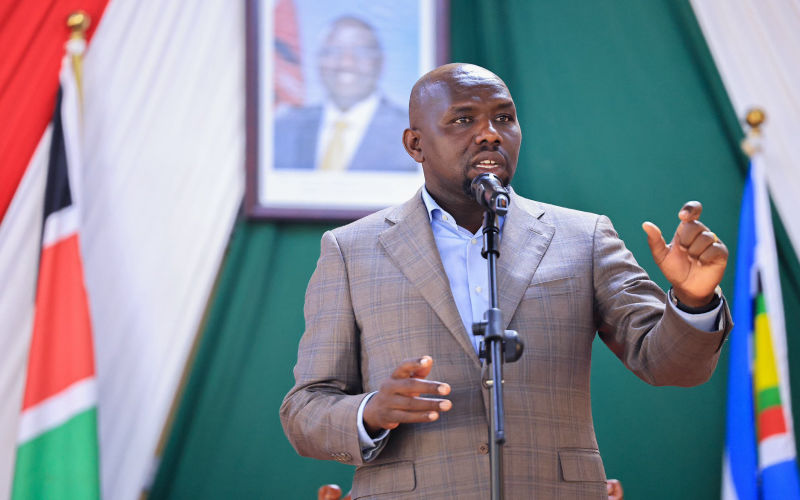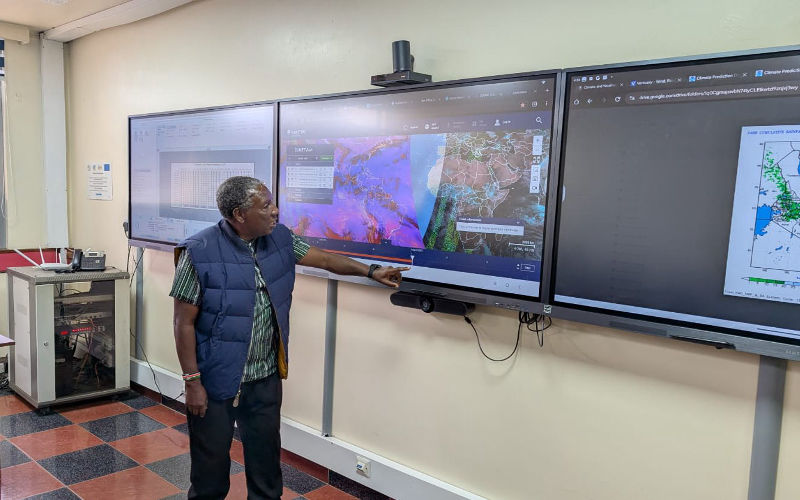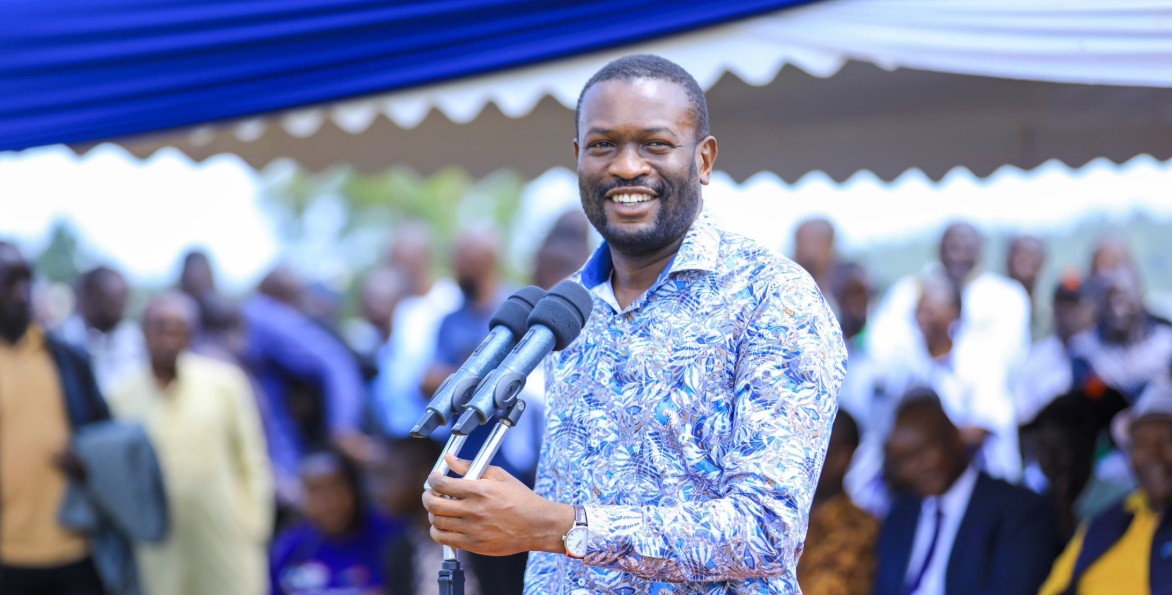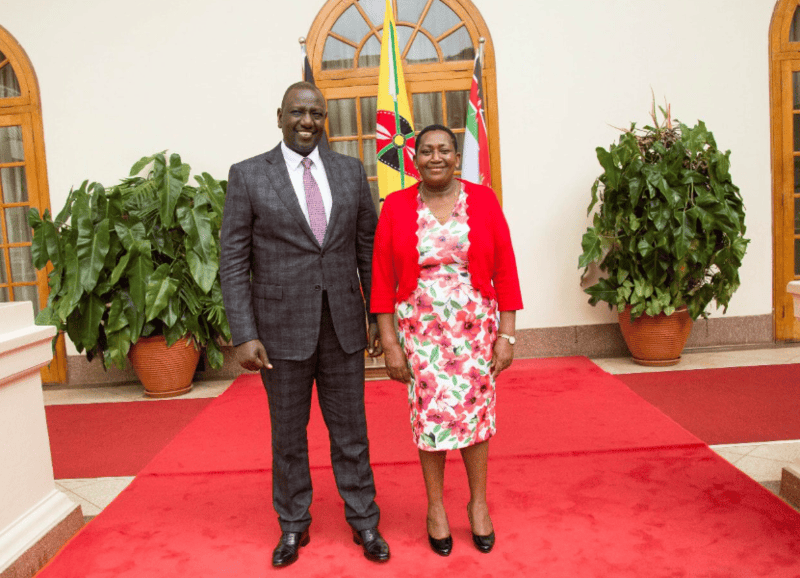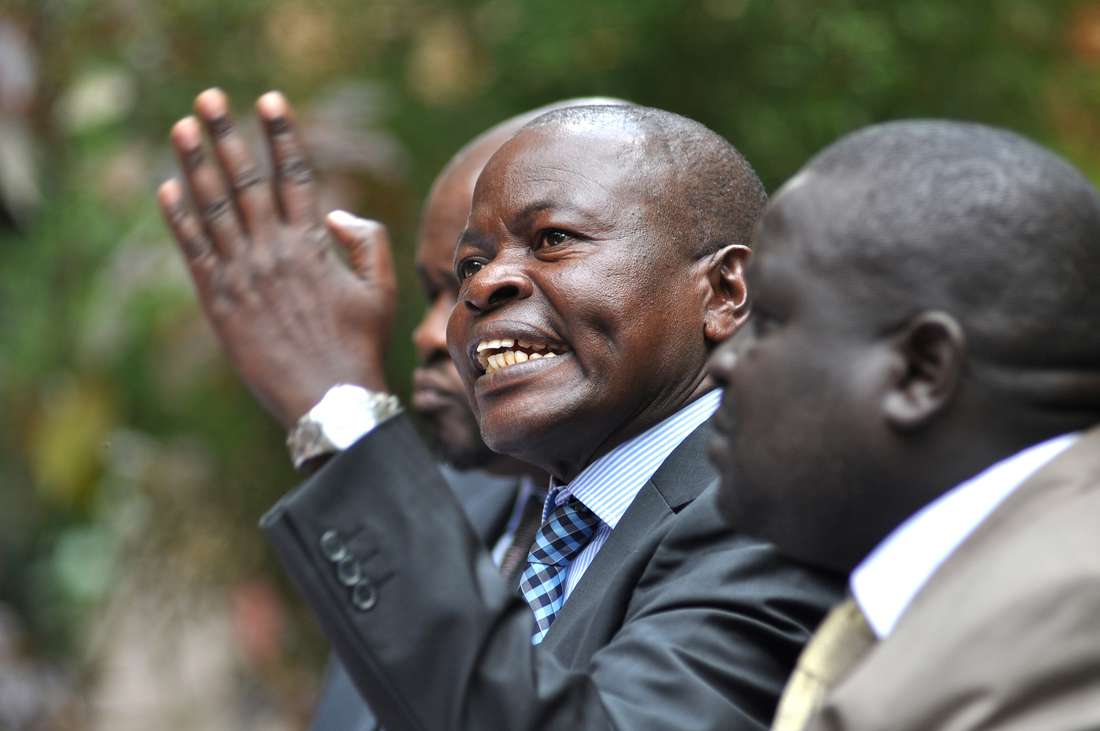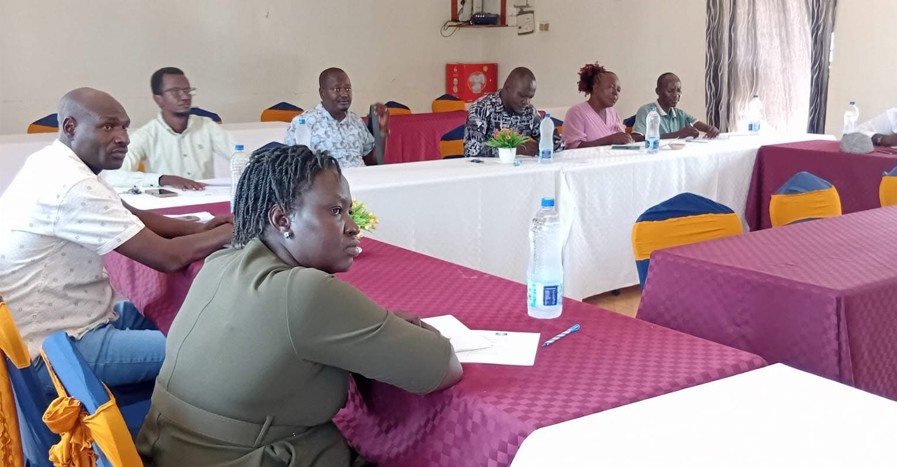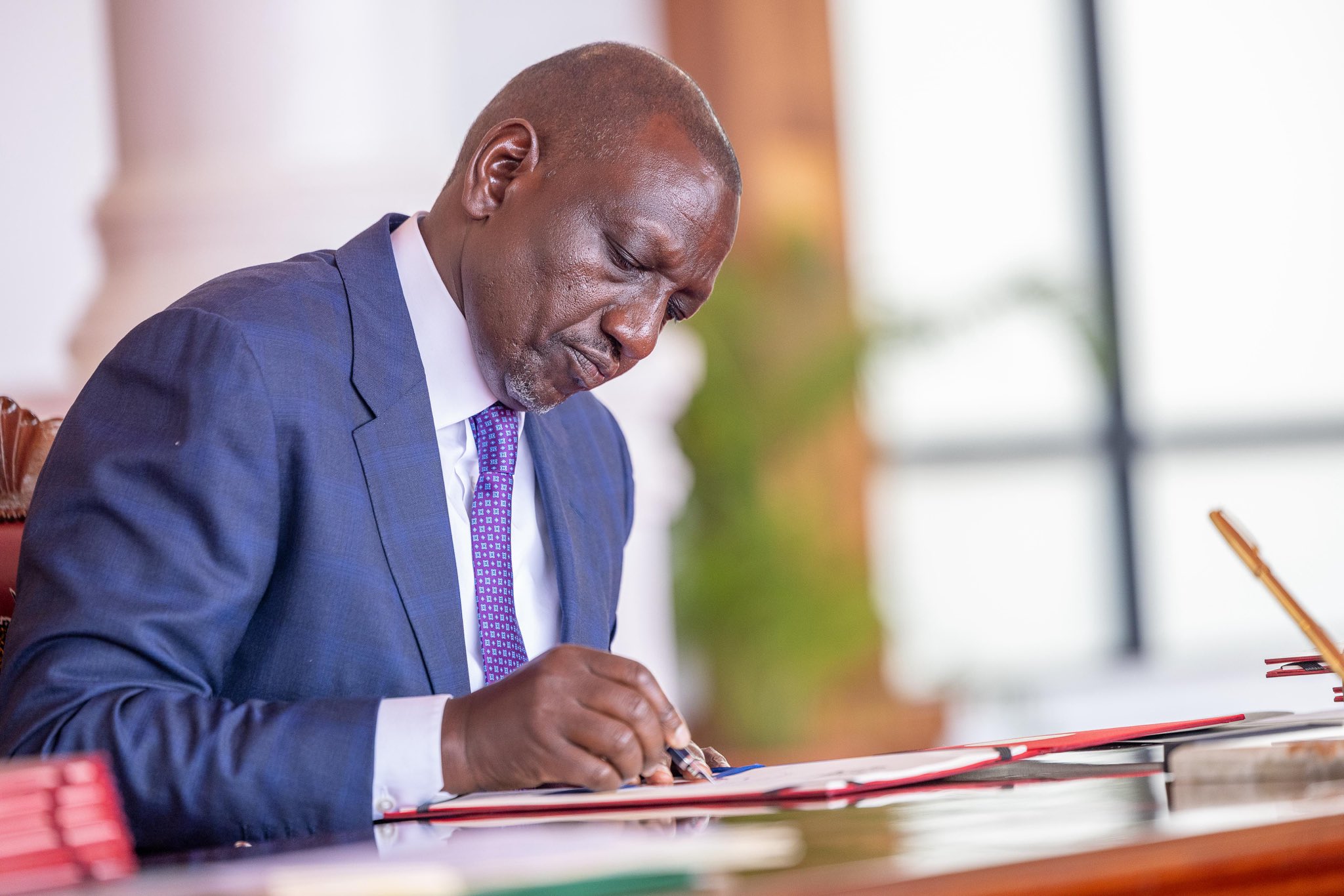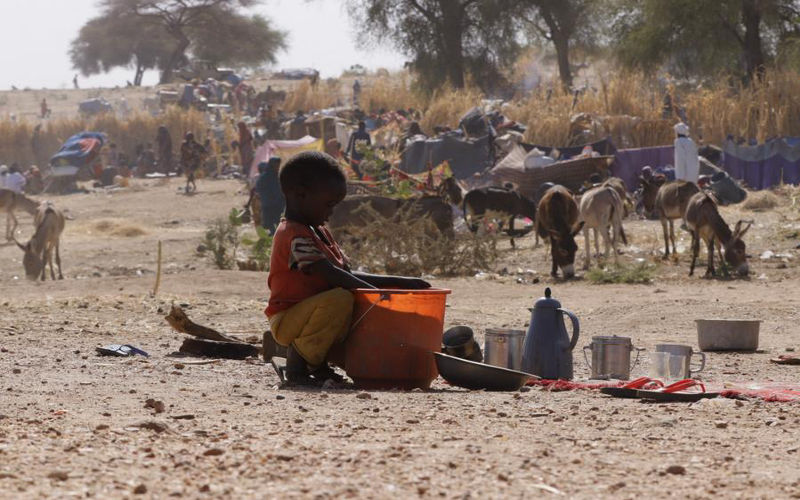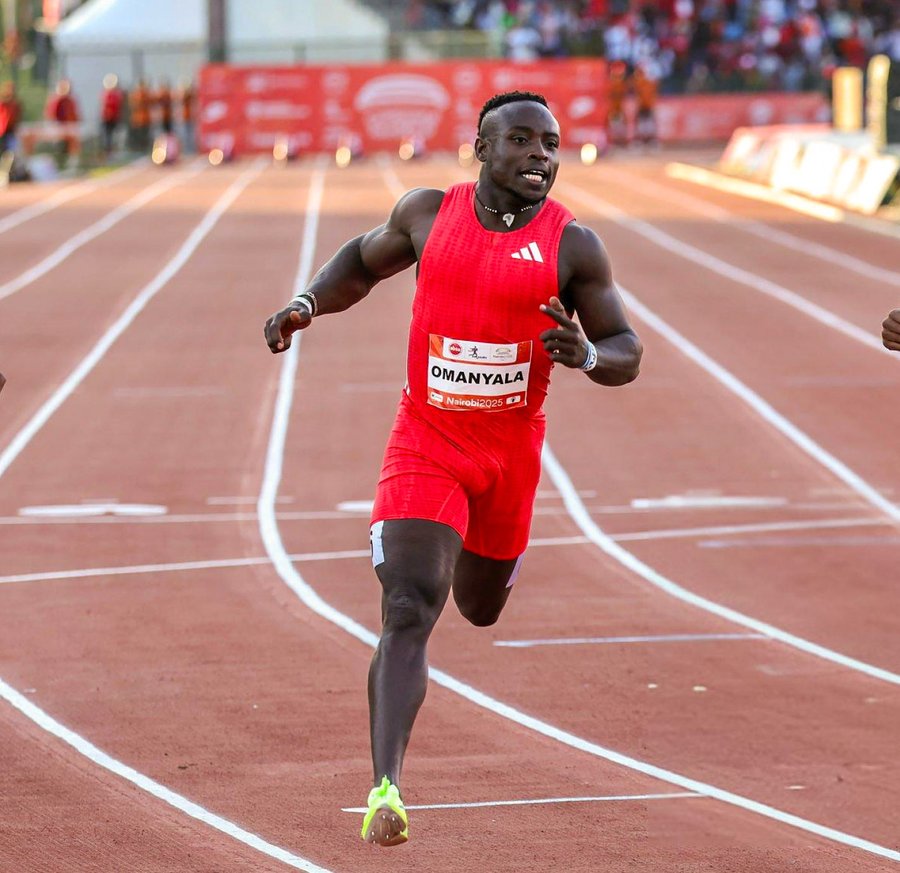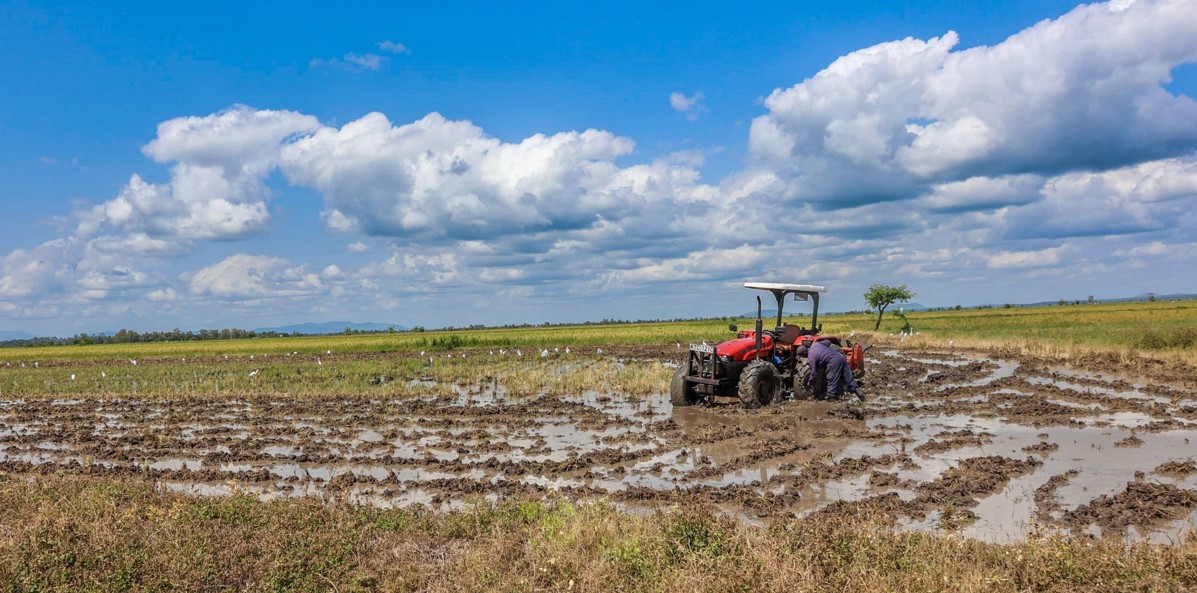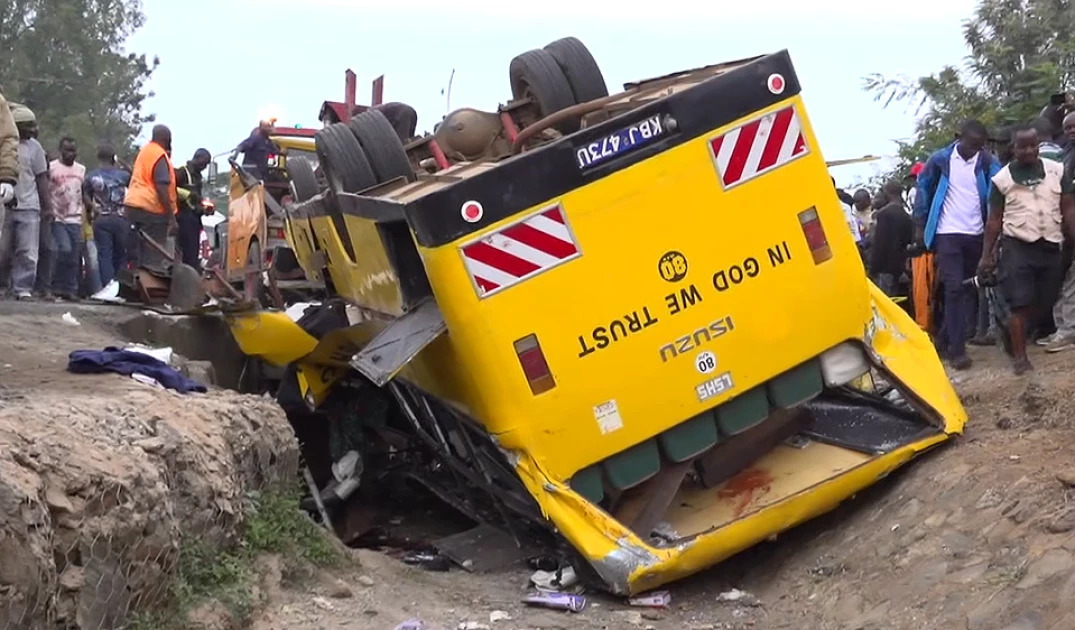Half of Kenyans unsure about credibility of 2027 General Election - TIFA poll
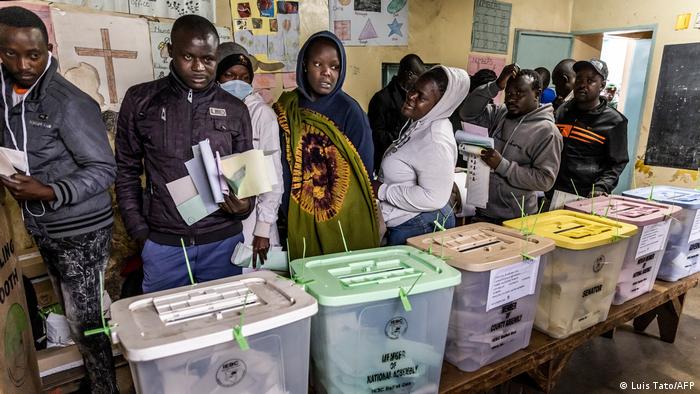
Those surveyed cited political interference as their main concern.
The majority of Kenyans (50 per cent) don’t have confidence in the integrity of the 2027 General Election, with most of them citing political interference as the main concern, according to a new poll by TIFA Research.
The survey, conducted between May 2 and 6, 2025, reveals deep scepticism over the credibility of the upcoming election, with only 20 per cent expressing full confidence in the process. Another 21 per cent said they are “somewhat confident,” while the rest voiced complete doubt.
More To Read
- President Ruto blasts opponents over 'wantam' demand
- IEBC announces November 27 as date for all by-elections
- IEBC proposes shared broadcast signal to restore trust in 2027 polls
- Erastus Ethekon says IEBC to seek guidance from AG on early campaigning rules
- It's not automatic that we will support Ruto in 2027 - Millie Odhiambo
- Amina Halake, wife of Abduba Dida, announces 2027 presidential bid
According to the survey, among those who lack confidence, cited political interference (30 per cent), corruption, including vote theft and bribery (29 per cent) and a lack of trust in the Independent Electoral and Boundaries Commission (IEBC) at 23 per cent.
Others cited fears of violence or insecurity (seven per cent), refusal by candidates to accept defeat (two per cent), technology failures (two per cent), a history of rigging (one per cent), and insufficient preparation time (one per cent). An additional five per cent gave no specific reason.
TIFA noted that, “these three categories, political interference, corruption, and IEBC-related concerns, are somewhat overlapping as they all relate to the integrity of the official results.”
The findings also show a strong link between public trust in future elections and their perception of the past three presidential contests.
“More than three times as many of those who expect the next elections to be free and fair believe all of the last three presidential elections produced valid results, compared to those who believe none did so (33 per cent vs. 10 per cent),” reads the report.
On the flip side, 64 per cent of those who lack confidence in the 2027 elections believe none of the past three presidential outcomes were legitimate. Only 32 per cent in this group believe all were valid.
A further concern is the public’s limited awareness of key electoral timelines. The report notes that two-thirds of Kenyans (68 per cent) could not identify the constitutional deadline that the IEBC has already missed—the review of constituency boundaries that should have been completed by February 2024. Only eight per cent correctly named the missed deadline, while 24 per cent gave incorrect answers.
“This widespread lack of attention to this critical selection process suggests both the civic education deficit regarding the IEBC’s critical pre-election responsibilities… and the apparent declining faith in election integrity itself,” Tifa observed.
“These findings indicate the daunting challenge that the soon-to-be-installed new IEBC team have to both undertake its responsibilities and renew public faith.”
Tifa also highlighted that public opinion is nearly evenly split on the credibility of past presidential elections. Overall, 69 per cent of respondents do not have full confidence in the integrity of the last three contests.
Scepticism is highest in Nyanza, where 48 per cent believe none of the last three presidential elections were valid. In contrast, confidence is stronger in the Central Rift (38 per cent) and Mt Kenya (39 per cent), where more respondents believe all past elections were credible.
When comparing general views on election fairness with perceptions of specific outcomes, TIFA found consistency.
“Only six per cent of those who view elections as free and fair believe none of the past three were valid. Conversely, 62 per cent of those who think elections are neither free nor fair believe all three were invalid,” reads the report.
The poll surveyed 2,024 Kenyans across nine regions, Central Rift, Coast, Lower Eastern, Mt Kenya, Nairobi, Northern, Nyanza, South Rift and Western using telephone interviews in Kiswahili and English. The margin of error is ±2.17 per cent.
TIFA concluded that “as of today, the (perceived if not actual) legacy-deficit in Kenya’s elections looms large over the forthcoming 2027 contests,” and recommended that future surveys examine the political tensions within the so-called Broad-Based Government and President Ruto’s push for a second term.
Top Stories Today

